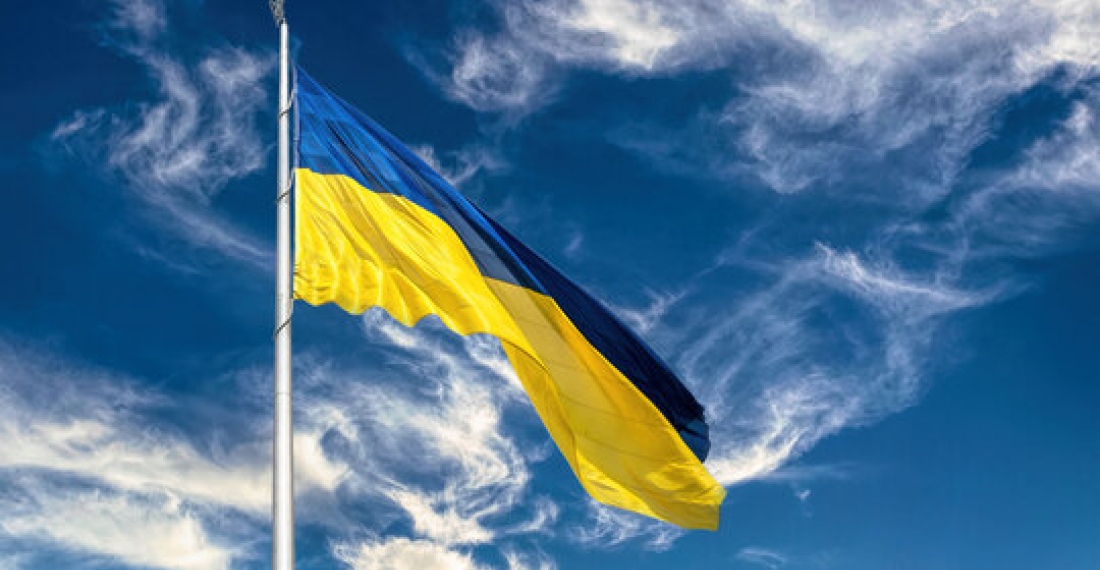NATO and the European Union led strong condemnation after Government websites of various Ukrainian ministries were hacked on Thursday evening (13 January). The Ukrainian Ministry of Foreign Affairs reported this on Friday. According to Ukraine's Foreign Ministry spokesperson, Oleg Nikolenko, it is too soon to draw conclusions about who could have been behind the attacks. However it is widely suspected that Russia was behind the attacks.
NATO Secretary General Jens Stotltenberg said on Fiday that NATO has worked closely with Ukraine for years to help boost its cyber defences. "NATO cyber experts in Brussels have been exchanging information with their Ukrainian counterparts on the current malicious cyber activities. Allied experts in country are also supporting the Ukrainian authorities on the ground. In the coming days, NATO and Ukraine will sign an agreement on enhanced cyber cooperation, including Ukrainian access to NATO’s malware information sharing platform. NATO’s strong political and practical support for Ukraine will continue, Stoltenberg said in a statement.
Visitors to the sites of the Ukrainian Ministry of Education and the Ministry of Foreign Affairs, among others, saw a message in Ukrainian, Russian and Polish stating that the personal data of all Ukrainian citizens have been deleted from the computers of the authorities. This message was illustrated by several logos, including a crossed-out Ukrainian flag.
The EU High Representative for Foreign Affairs and Security Policy, Josep Borrell, said, ahead of an informal meeting yesterday with all EU Ministers of Foreign Affairs in Brest, France. "We are going to mobilise all our resources to help Ukraine to tackle this cyber attack. Sadly, we knew it could happen", he said.
Prior to the hack, a threatening message was posted on the websites of several ministries. "Ukrainians, be afraid and prepare for the worst. All your personal data has been uploaded to the web."
The large-scale cyber attack comes amid rising tensions between Ukraine and neighbouring Russia. Ukraine and the West fear Moscow is preparing to invade Ukraine, something the Kremlin denies. In recent days, delegations from Russia, NATO and the United States have met several times to calm the relation down.






